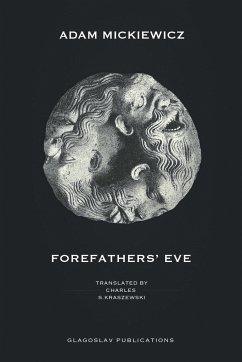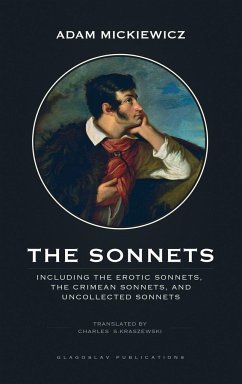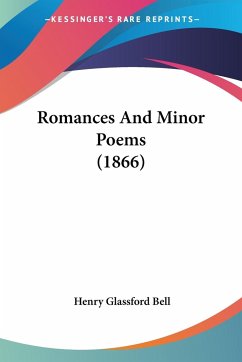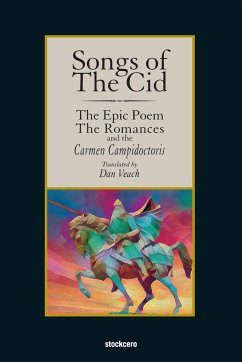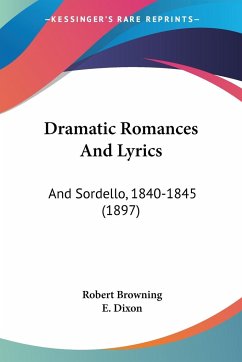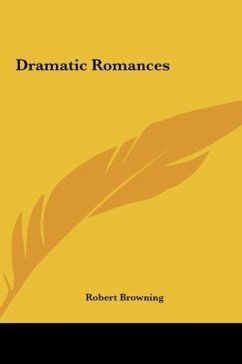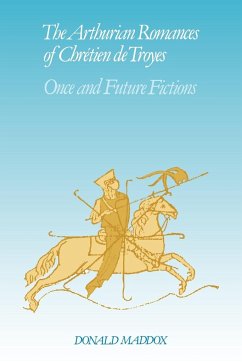
Ballads and Romances
Versandkostenfrei!
Versandfertig in 1-2 Wochen
23,99 €
inkl. MwSt.
Weitere Ausgaben:

PAYBACK Punkte
12 °P sammeln!
The year 2022 has been designated the Year of Romanticism in Poland. An even two hundred years have passed since the first publication of Adam Mickiewicz's Ballads and Romances - a collection of lyrics which has the same significance for Polish literature as Wordsworth and Coleridge's Lyrical Ballads has for the English. Poems of love, the supernatural, and the exotic, Mickiewicz's first volume of poetry achieved a level of sublimity that immediately set him at the head of all Polish writers - a position he sustained throughout his life with his lyrical, narrative, dramatic, and epic poetry, a...
The year 2022 has been designated the Year of Romanticism in Poland. An even two hundred years have passed since the first publication of Adam Mickiewicz's Ballads and Romances - a collection of lyrics which has the same significance for Polish literature as Wordsworth and Coleridge's Lyrical Ballads has for the English. Poems of love, the supernatural, and the exotic, Mickiewicz's first volume of poetry achieved a level of sublimity that immediately set him at the head of all Polish writers - a position he sustained throughout his life with his lyrical, narrative, dramatic, and epic poetry, and which he continues to hold today. In cooperation with the Polish Cultural Institute of London, Glagoslav brings out an anniversary edition of Mickiewicz's Ballads and Romances in the English translation of Charles S. Kraszewski. The collection includes all the poems of the 1822 edition, plus the ballads added shortly before the poet's death to the 1852, Leipzig edition. This publication is generously supported by the Polish Cultural Institute in London.







